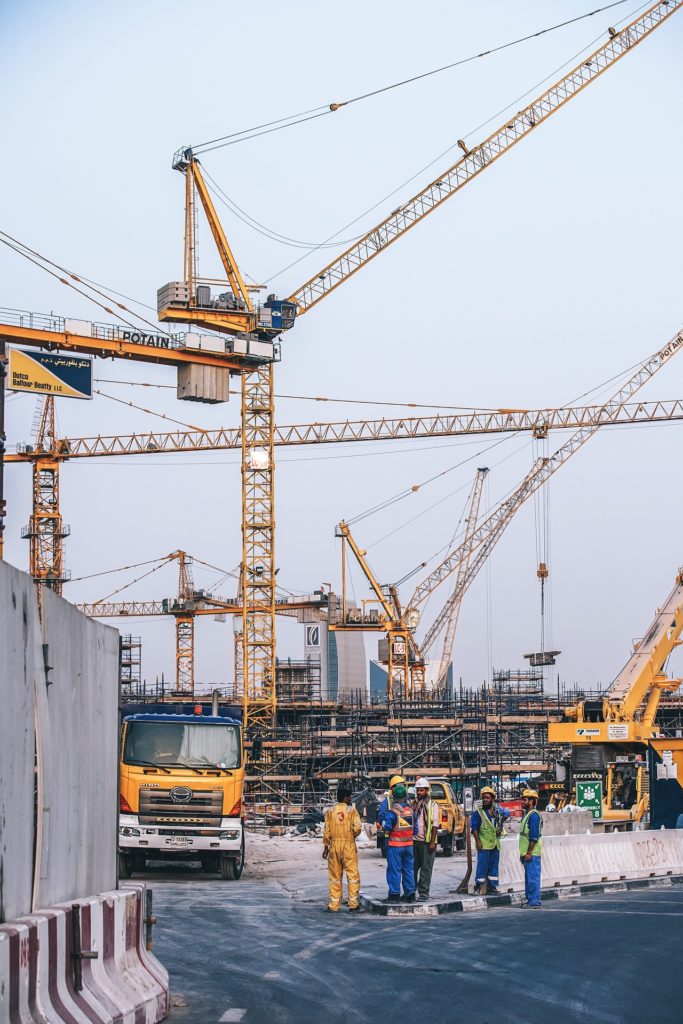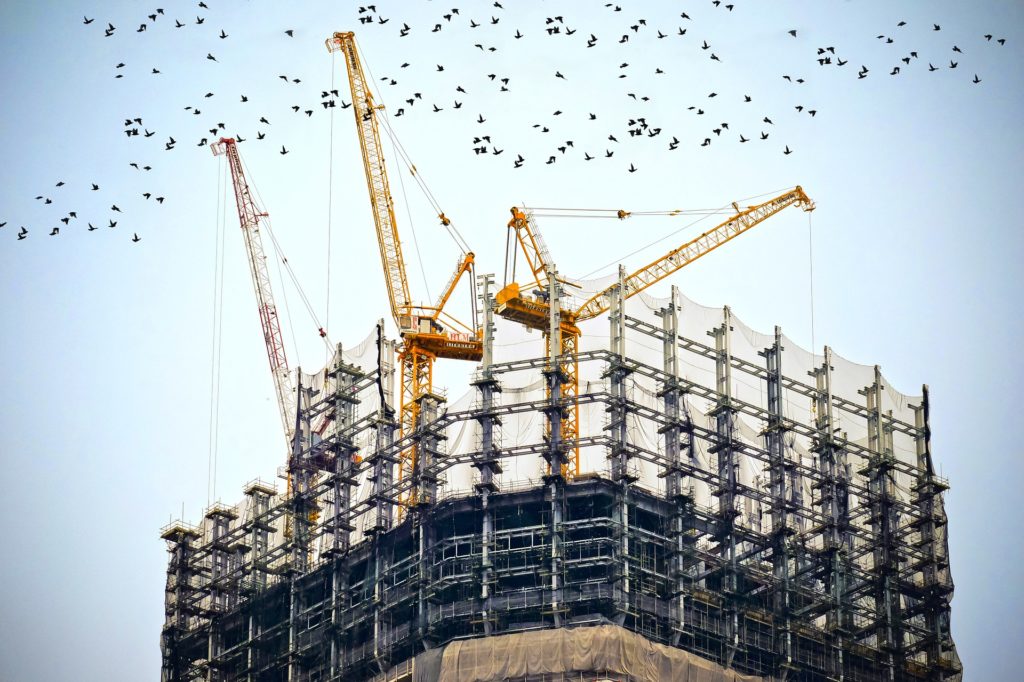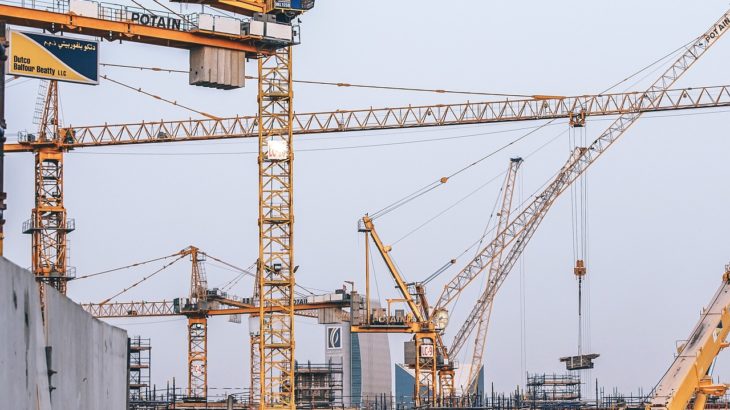
What is a Building and Construction Inspector?

A building and construction inspector is a person who oftentimes holds more than one certificate in one discipline. This expert is employed by a city, township or county and is responsible for the inspection of buildings. These inspections are scheduled for the purpose of making sure the buildings are safe to use.
Building and construction inspectors can work on any type of project, such as a new-build, a remodeling project, and a prospective real estate purchase. Below is a list of the types of inspectors that work on construction projects:
The Most Common Types of Building and Construction Inspectors
1. Building Inspectors
Building inspectors are responsible for checking the structural integrity and the overall safety of a variety of buildings. They are expected to carry out an audit on the building to determine whether the materials used in the construction process are appropriate and comply with standards.
2. Home Inspectors
Home inspectors are a bit different from building inspectors. While they do check for structural quality and safety of buildings, they are primarily concerned with residential dwellings, whether it is an existing or a newly built one. From houses to condos and townhomes, the inspectors will check a wide range of things including the condition of the roof, garage, plumbing, interior and exterior walls, ventilation, electrical, heating, refrigeration and air conditioning systems. It’s generally recommended for potential homebuyers to call upon them before buying a home.
3. Plan Examiners
Plan examiners are contracted before the construction begins. They will check the plans to make sure that the design of the structure follows building codes and standards. The inspection of the plan will also enable them to see if the building being constructed can withstand engineering demands and environmental stresses.
4. Specification Inspectors
Specification inspectors are typically employed by the owners of a structure or a building. Their role is to make sure that the contractors follow the specifications of the plan when building the structure. It’s also common for insurance firms and some financial institutions to hire these types of inspectors.
5. Fire Inspectors
Fire inspectors play an indispensable role in protecting not only properties but also lives from catastrophic fires. Their job is to make sure that the building complies with fire codes and standards. They have to make sure that the building they are inspecting is not a potential fire hazard that might endanger lives and other infrastructure surrounding it. They typically work with city code enforcement agencies that work both with construction trades and governments to guarantee that building safety codes are respected.
6. Elevator Inspectors
Elevator inspectors are employed both by business owners and apartment complex owners. When it comes to elevators, they are concerned with the inspection of the mechanical and electrical control systems of lifts. But they can also examine escalators, moving sidewalks, hoists, amusement rides, and any other lifting and conveying systems. They check these systems to make sure that they are installed correctly and working properly.
7. Coating Inspectors
Coating inspectors generally work in the industrial sector. Among their list of responsibilities, they are responsible for checking industrial equipment to ensure protective coatings were correctly applied so as to minimize the risk of corrosion. In addition to manufacturing plants, they also work on roadway projects, such as bridges, pipelines, and holding tanks, and on other major industries that also utilize paint. These industries need the coating inspector to confirm that the painting process has been followed properly.
8. Electrical Inspectors
When it comes to electrical systems, it is good to hire an electrical inspector. The inspection of the electrical systems will involve determining whether the systems follow electrical codes and standards. To do this, the electrical inspector will examine installed lighting, wiring, electrical wiring for appliances, motors, generating equipment, and even sound and security systems if necessary.
9. Mechanical Inspectors
Mechanical inspectors are concerned with checking the installation of the heating, ventilation, air conditioning and refrigeration (HVACR) systems and equipment. They will try to determine whether these systems and equipment are performing at their optimum level. They will also check if the installation of boilers, commercial kitchen equipment, and gas appliances has been done properly and if those equipment is functioning well.
10. Public Works Inspectors
Public works inspectors, also known as construction inspectors, have a physically demanding job. They are expected to ensure compliance with the local regulations by checking that water and sewer systems of local, state, and federal governments comply with contract specifications. They can also examine bridges, streets, dams, and highways and make sure that the terms of the agreement already signed have not been violated. Some public work inspectors also specialize in the inspection of dredging operations, structural steel, ditches, and reinforced concrete.




















